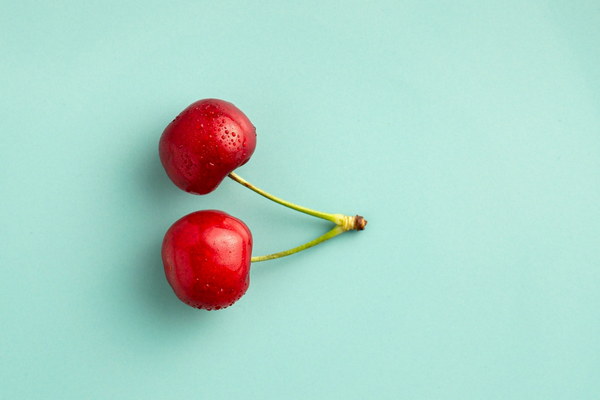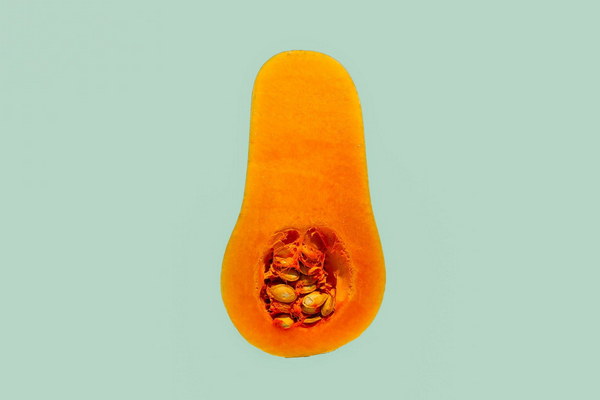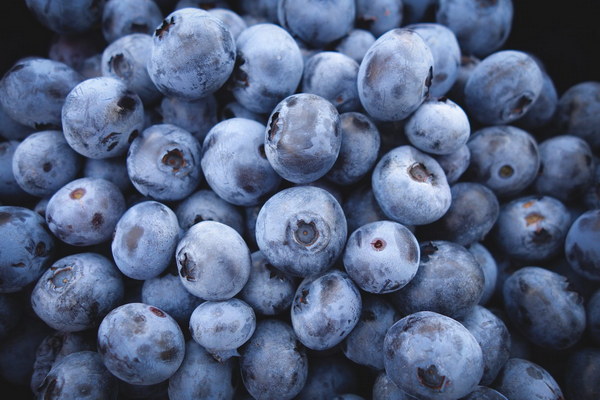Navigating Menstrual Congestion A Nutritional Approach to clearing Phlegm
Introduction:

Menstrual congestion, characterized by the presence of thick, sticky mucus during menstruation, can be an uncomfortable and distressing symptom for many women. While it is a common occurrence, it can significantly impact a woman's overall well-being. This article explores the concept of using nutritional strategies to alleviate menstrual congestion, focusing on foods that help to clear phlegm and reduce its symptoms during this time.
Understanding Menstrual Congestion:
Menstrual congestion occurs when the body produces excessive mucus during the menstrual cycle. This condition can be influenced by various factors, including hormonal changes, stress, and poor diet. In some cases, it may be a result of underlying health issues such as endometriosis or pelvic inflammatory disease.
The Role of Nutrition:
Nutrition plays a crucial role in managing menstrual congestion. By incorporating certain foods and nutrients into your diet, you can help to reduce the production of phlegm and alleviate its symptoms. Here are some key nutrients and foods to consider:
1. Vitamin C:
Vitamin C is a powerful antioxidant that helps to boost the immune system and reduce inflammation. Foods rich in vitamin C include citrus fruits, strawberries, bell peppers, and kiwi. Adding these to your diet can help to clear phlegm and alleviate menstrual congestion.
2. Garlic:
Garlic contains allicin, a compound that has natural antibacterial and antiviral properties. This helps to reduce inflammation and clear mucus from the body. Incorporate garlic into your meals by adding it to salads, soups, or stir-fries.
3. Ginger:
Ginger is a natural anti-inflammatory and expectorant that helps to break down mucus and relieve congestion. You can consume ginger by adding it to tea, making ginger shots, or incorporating it into your cooking.
4. Turmeric:
Turmeric is another spice with powerful anti-inflammatory properties. It can help to reduce inflammation and clear mucus, making it an excellent addition to your diet. Add turmeric to curries, soups, or smoothies.
5. Leafy Greens:
Leafy greens, such as kale, spinach, and Swiss chard, are rich in vitamins, minerals, and antioxidants. These nutrients help to support the immune system and reduce inflammation, making them an excellent choice for managing menstrual congestion.
6. Honey:
Honey has natural antibacterial and anti-inflammatory properties that can help to clear mucus and reduce irritation. Adding a teaspoon of honey to warm water or tea can provide relief from menstrual congestion.
7. Hydration:
Staying hydrated is crucial for clearing mucus and preventing congestion. Ensure you drink plenty of water throughout the day, and consider incorporating herbal teas with ingredients like peppermint, eucalyptus, or ginger for added benefits.
Conclusion:
Incorporating these nutritional strategies into your diet can help to alleviate menstrual congestion and improve your overall well-being. Remember to consult with a healthcare professional before making significant changes to your diet, especially if you have underlying health conditions. By focusing on a balanced diet rich in vitamins, minerals, and antioxidants, you can take a proactive approach to managing menstrual congestion and promoting your health.









